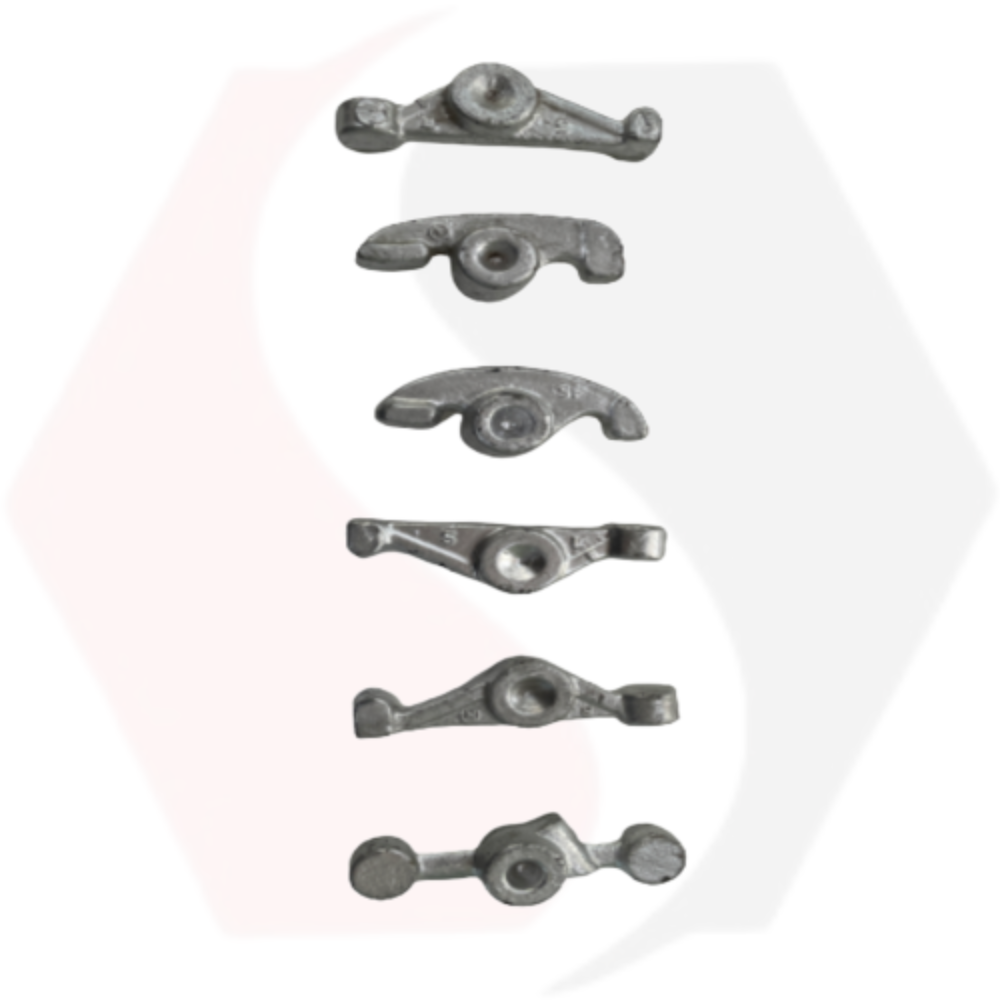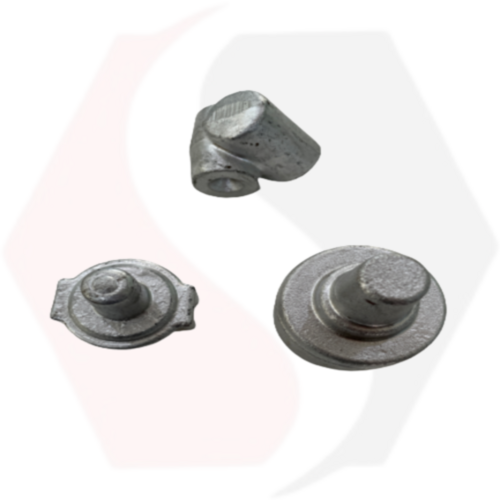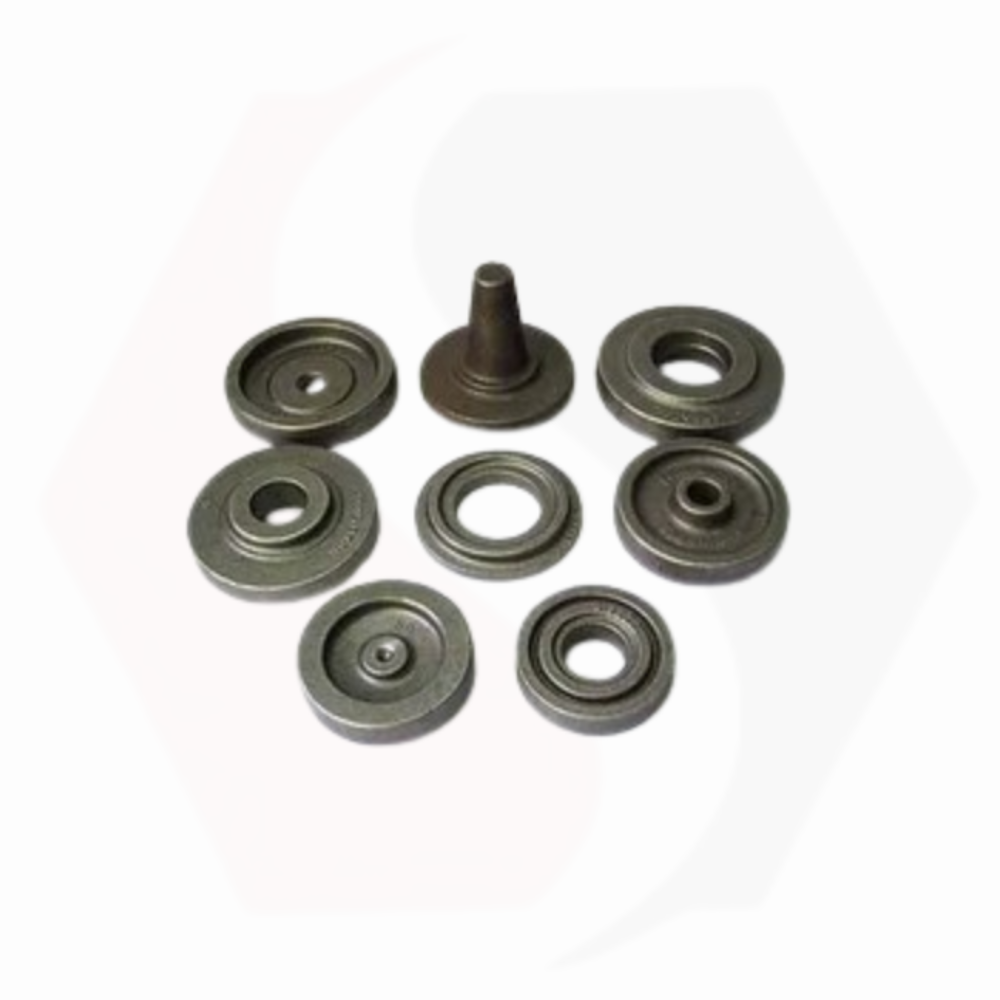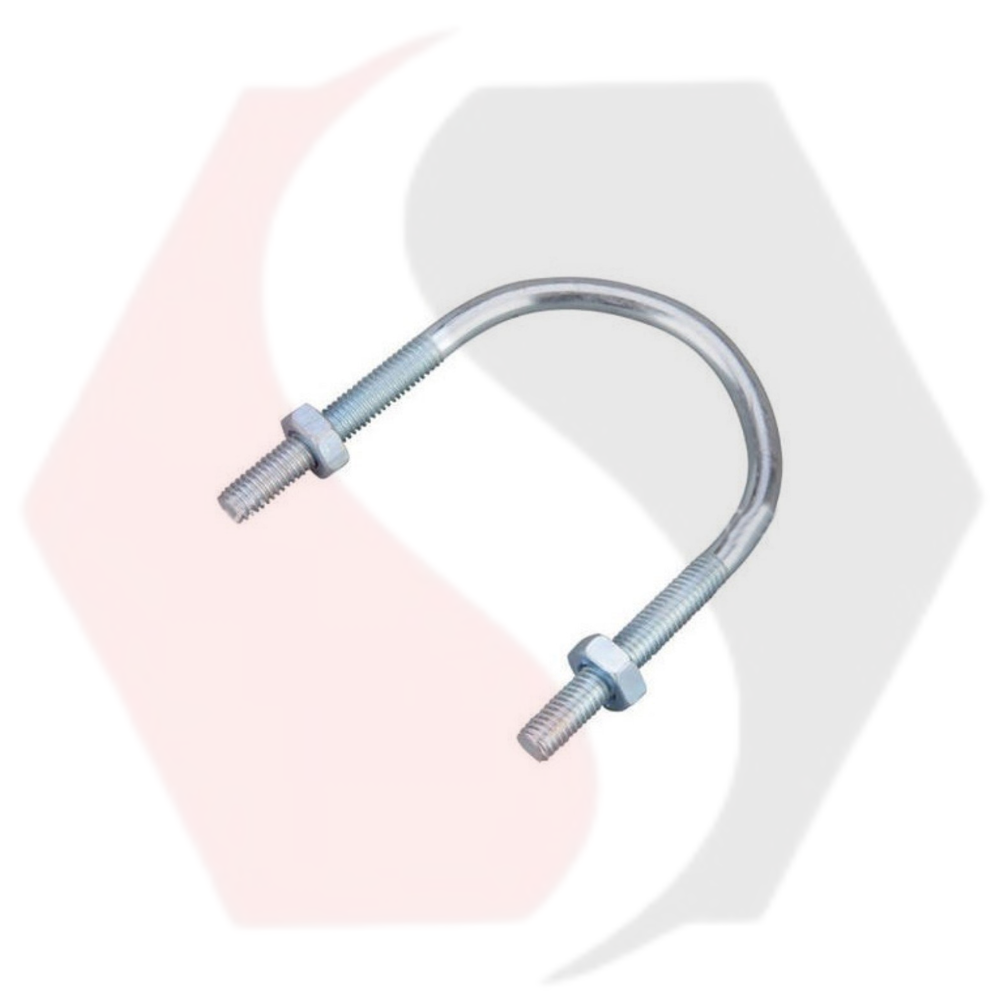Heavy-duty High-strength Forged Spare Parts
Price 20 INR/ Piece
Heavy-duty High-strength Forged Spare Parts Specification
- Process
- Hot Forging
- Product Type
- Forged Equipment
- Material
- Other
- Technology
- Forging
- Application
- Auto Parts
- Weight
- 30 gm to 7 kg Kilograms (kg)
- Color
- As Par Forging
Heavy-duty High-strength Forged Spare Parts Trade Information
- Minimum Order Quantity
- 5000 Pieces
- Payment Terms
- Cash Advance (CA), Cash in Advance (CID)
- Main Domestic Market
- All India
- Certifications
- ISO 9001
About Heavy-duty High-strength Forged Spare Parts
Forged spare parts are high-strength components manufactured using forging processes to ensure superior durability, structural integrity, and performance under extreme conditions. These parts are ideal for use in industries such as automotive, aerospace, agriculture, construction, energy, and heavy machinery, where reliability and precision are critical.
Made from high-grade metals like carbon steel, alloy steel, stainless steel, or aluminum, forged spare parts offer enhanced mechanical properties, resistance to wear and fatigue, and a longer service life compared to cast or machined alternatives. They are available in a variety of shapes and specifications, custom-designed to meet the specific requirements of OEMs and aftermarket applications.
Applications include:
* Crankshafts, connecting rods, and camshafts (automotive)
* Gears, axles, and shafts
* Flanges, pipe fittings, and valves
Keywords :
* Forged spare parts
* High-strength forged components
* Custom forged parts
* Industrial forged components
* OEM forged parts
* Forged automotive parts
* Forged mechanical parts
* Forged steel parts
* Precision forged components
* Forging spare parts supplier
* Heavy-duty forged parts
* Machined forged parts
* Forged parts for machinery
* Heat-treated forged parts
* Drop forged components
* Open die forged parts
* Closed die forging
* Forging manufacturer
* Metal forging solutions
* Aftermarket forged parts
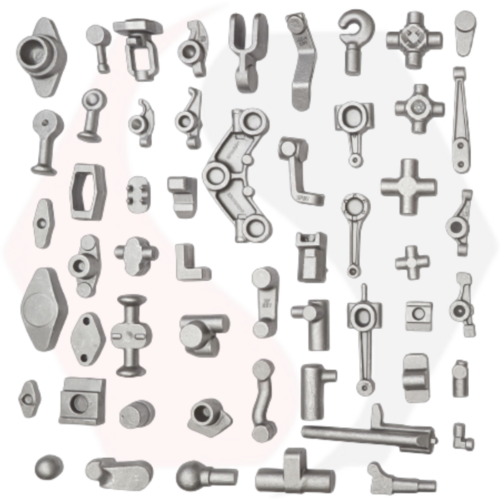
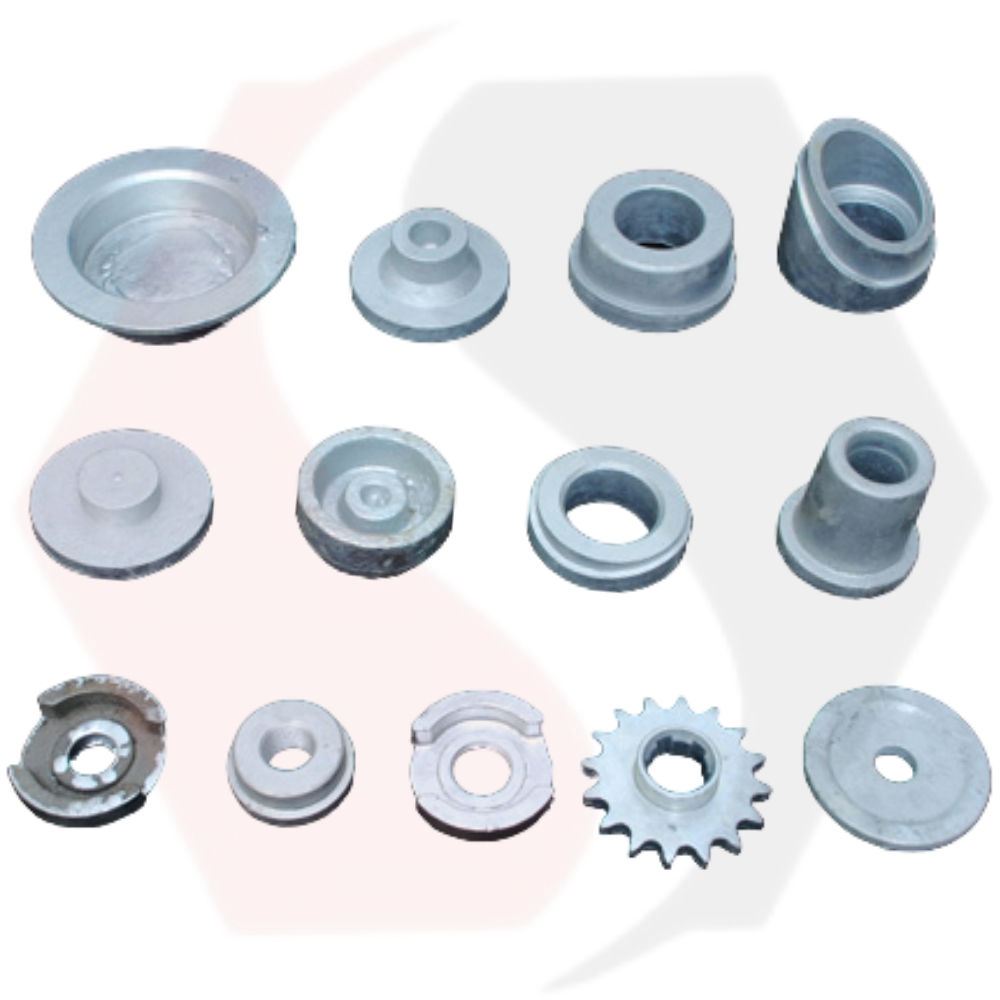
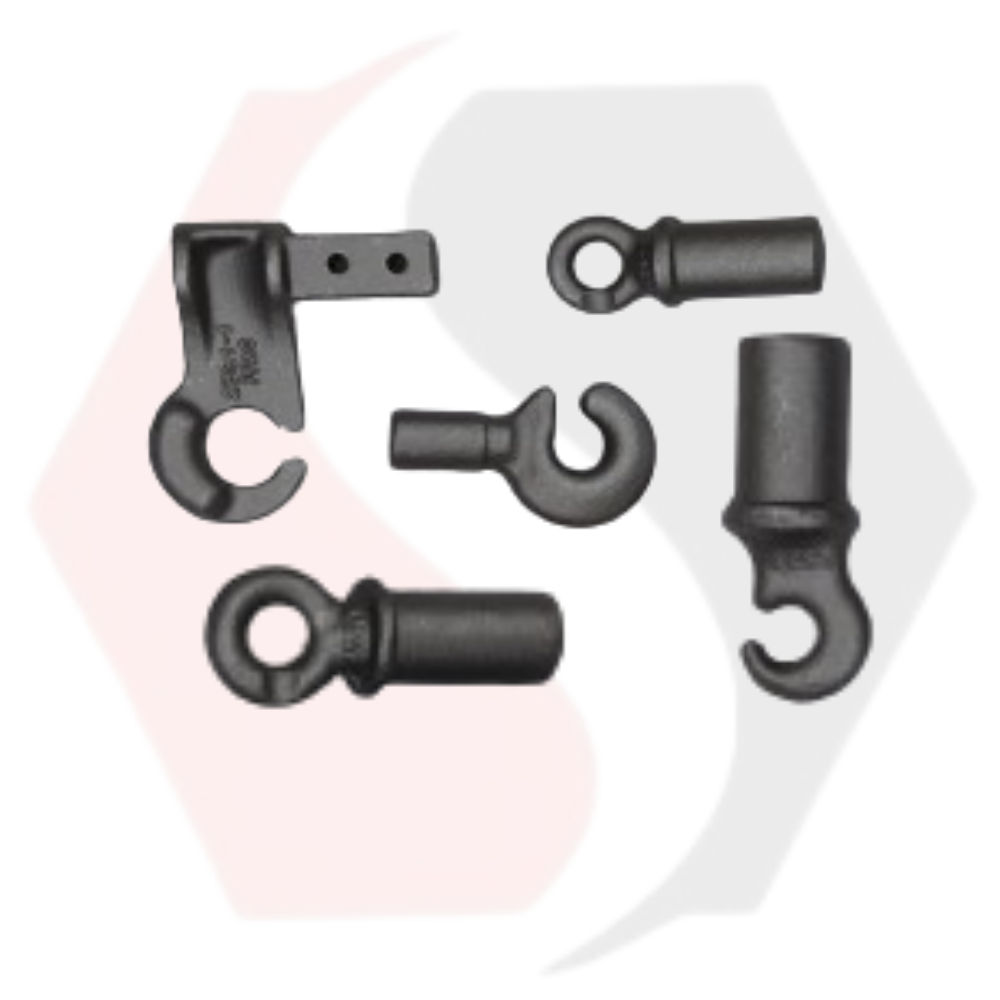
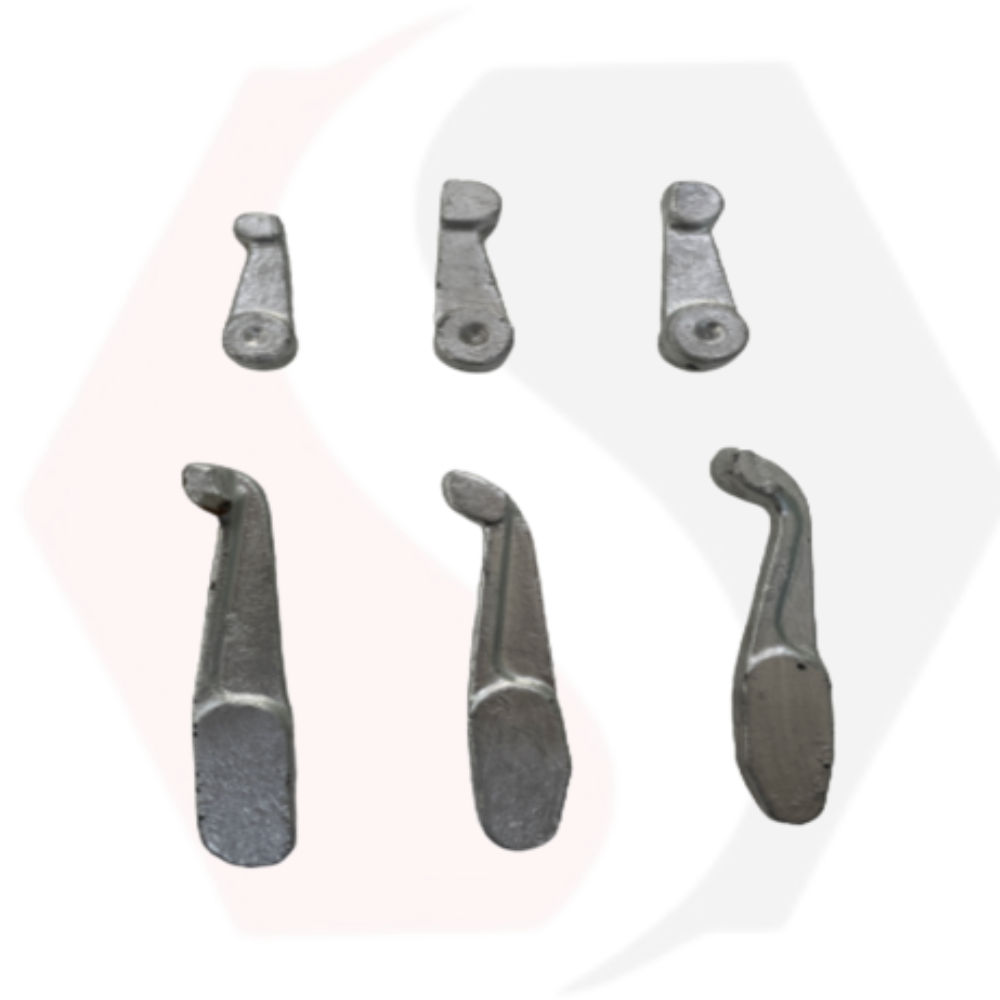
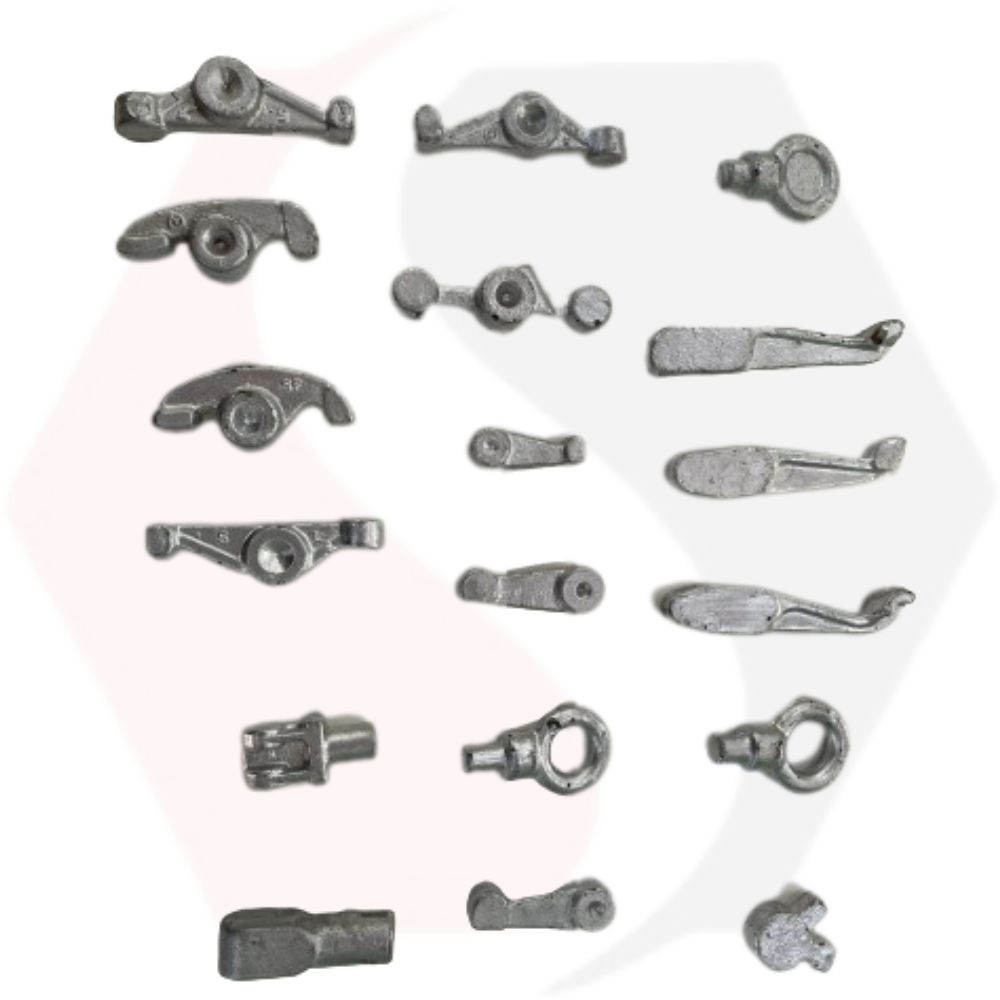

Price:
- 50
- 100
- 200
- 250
- 500
- 1000+
More Products in Forged Automotive Component Category
Press Forging Parts
Price 45 INR / Piece
Minimum Order Quantity : 5000 Pieces
Color : Silver
Product Type : Forged Products
Application : Other, Automotive, Machinery, Industrial Equipment
Material : Zinc
Precision Forged Parts
Price 20 INR / Piece
Minimum Order Quantity : 5000 Pieces
Color : As Per Forge
Product Type : Forged Products
Application : Other
Material : Carbon Steel
Forged Rotor Hubs
Price 100 INR / Piece
Minimum Order Quantity : 5000 Pieces
Color : Black
Product Type : Forged Products
Application : Other
Material : Other
Forged Pipe U Clamp
Price 50 INR / Piece
Minimum Order Quantity : 5000 Pieces
Color : Silver
Product Type : Forged Products
Application : Pipe Fittings
Material : Zinc

 Send Inquiry
Send Inquiry
